Any pet is an investment - in money, time and your emotions. So make it wisely, otherwise you are headed for disappointment and will have no one to blame but yourself.
The first thing to do when you think about buying a pet is to READ. Find information on caring for your pet, find information on the varieties of species or breeds your chosen pet comes in, find information on the finances required... and then, and only then, make your decision to buy.
The next step is to find a reliable place to buy your pet from. Do not trust advertisements or hearsay in this case - go to the place yourself, inspect the pet, and select a healthy specimen that you may take home. If you wish to be extra careful, you can "book" the pet with a small sum of money, and observe it for about a week to confirm that it is in good health.
If discus fish are your pets of choice, here are a few tips that will help you decide whether or not the fish is up to scratch in health conditions.
- Health A healthy fish should look healthy. Check for obvious signs of ill health such as heavy breathing, swimming too close to the surface, breathing out of one gill but not the other.
- Breeding A well-bred fish should be free of any genetic defects. Twisted mouths, badly shaped fins or tails, short gill covers, and odd eyes are signs of poor breeding. If the looks of your fish do not matter to you, you can offer to pick up these defective fish for a low price. However, DO NOT breed these fish, as their progeny may have the same defects, or worse.
- Alertness A healthy fish should be alert. If it is swimming about boldly, roams across all parts of the tank and comes to the front of the tank on a regular basis, then it is healthy - at least at first sight.
- Response to food Request the dealer to feed the fish in your presence. If the fish have just eaten and may not be interested in food, ask your dealer for a time when he can feed the fish in your presence. If he refuses, you may safely bid him goodbye.
- Buy mature fish If you are a beginner, it is best to buy mature fish. These are hardier than young and small fish, and will adapt to new water conditions more easily. Though they are more expensive than the more delicate young ones, consider that the young ones may end up dying within weeks if they fail to adjust
Having fish die within weeks of purchasing them can be a body-blow to any new aquarium owner, possibly killing all desire to adopt fish again. So make your purchase carefully, but be prepared to shoulder disappointment, invest again and carry on.

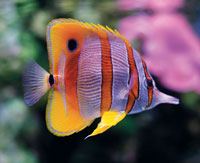 Aiptasia Anemone
Aiptasia Anemone
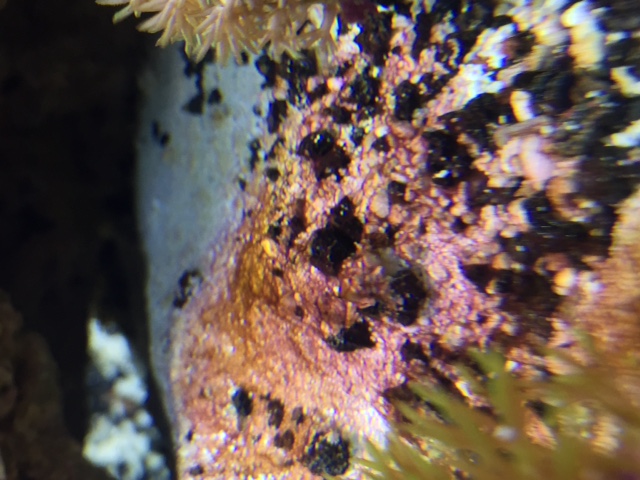 Red Algae in Marine Aquarium
Q. Ive been keeping saltwater fish for about five years, and
Red Algae in Marine Aquarium
Q. Ive been keeping saltwater fish for about five years, and
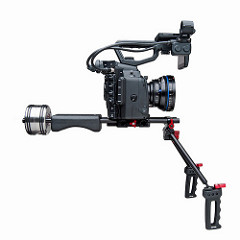 Catch More Salmon - Follow These Simple To Implement Techniques
FLAT Rigs outriggers, shock cord snubber, and rigging kit i
Catch More Salmon - Follow These Simple To Implement Techniques
FLAT Rigs outriggers, shock cord snubber, and rigging kit i
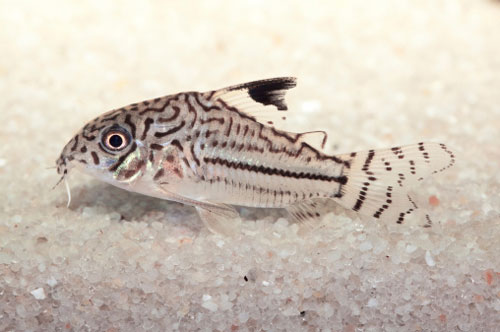 Keep Your Aquarium Clean With These Tank Tools
Success in maintaining a freshwater system takes applied kno
Keep Your Aquarium Clean With These Tank Tools
Success in maintaining a freshwater system takes applied kno
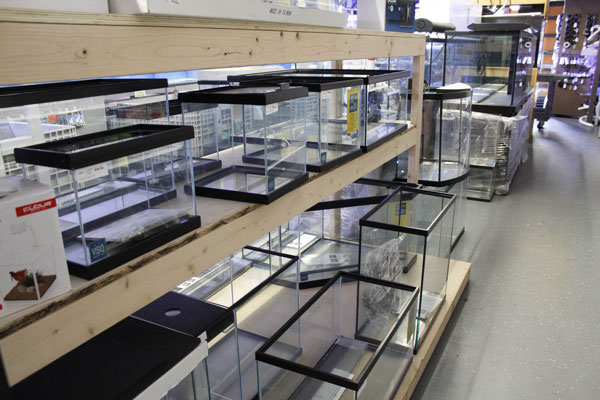 Five Tips for Freshwater Aquarium Success
You spent countless hours researching the latest products to
Five Tips for Freshwater Aquarium Success
You spent countless hours researching the latest products to